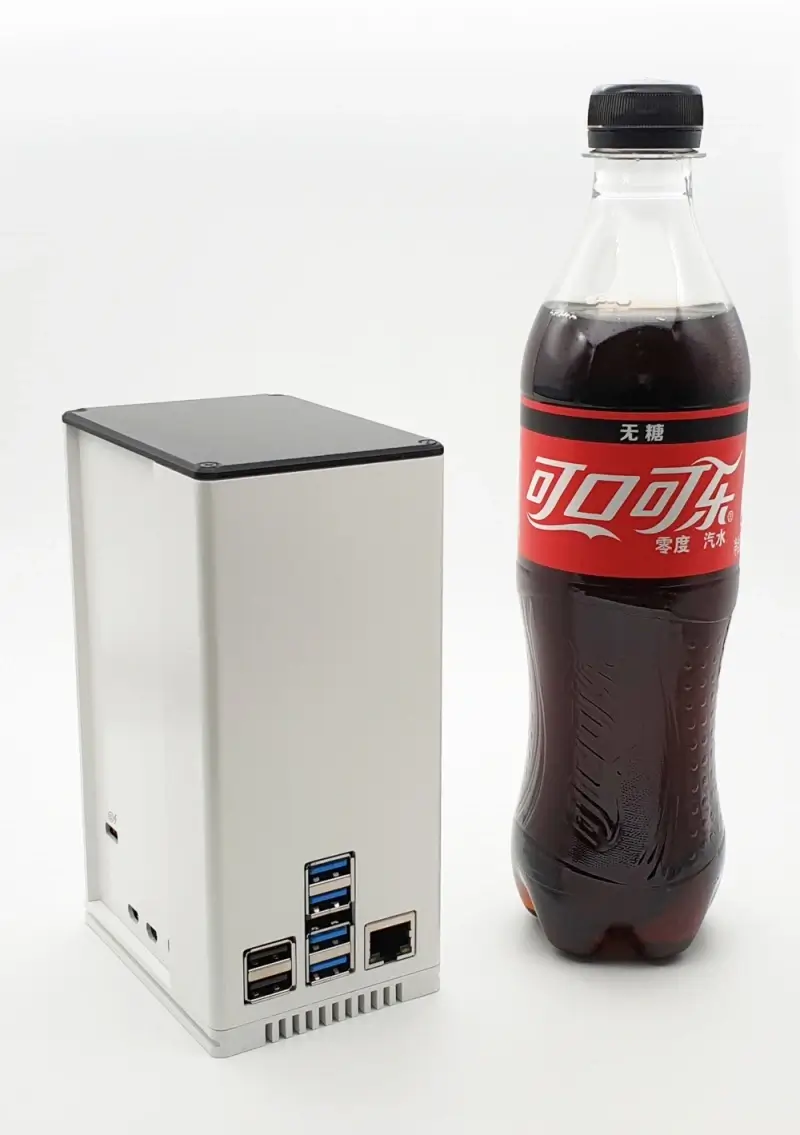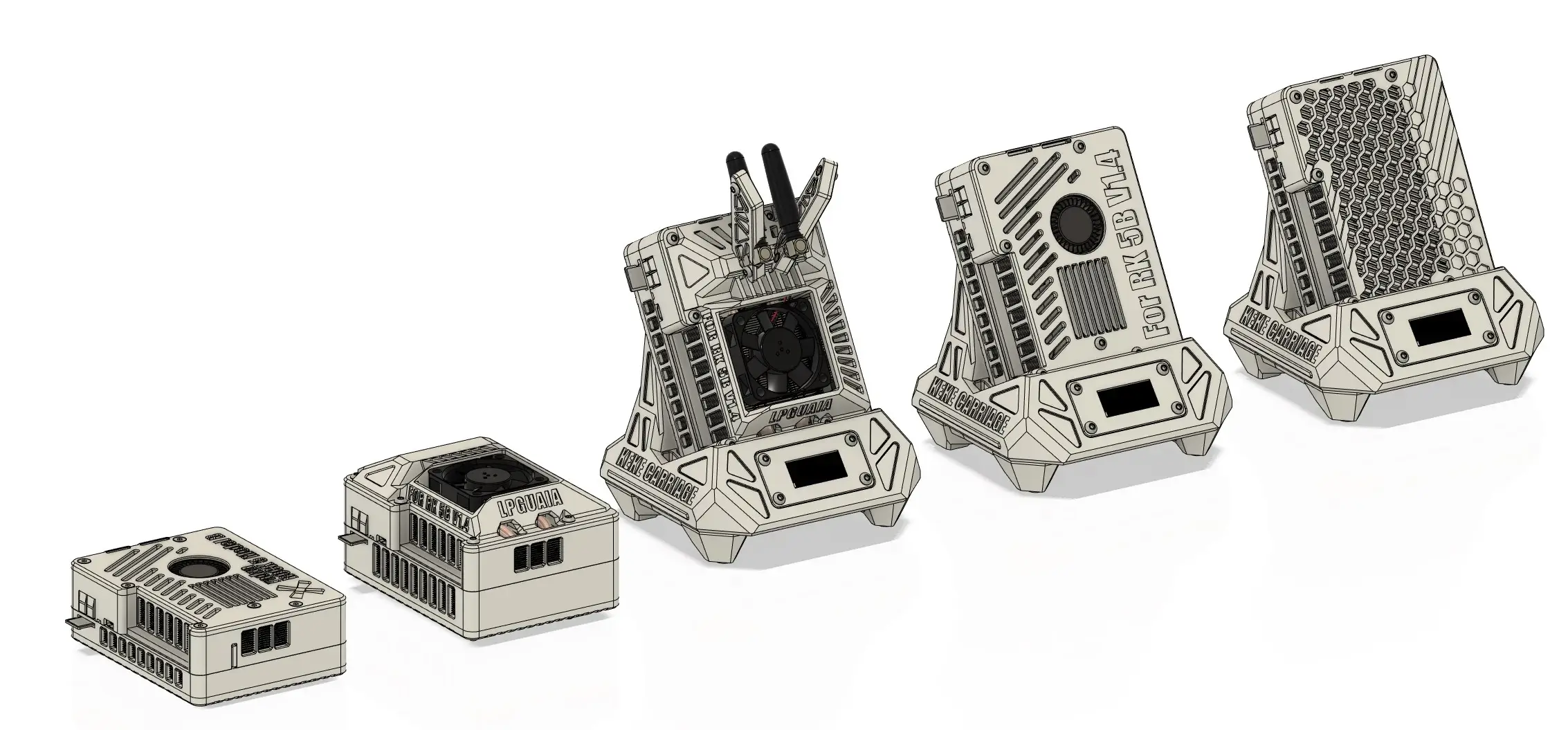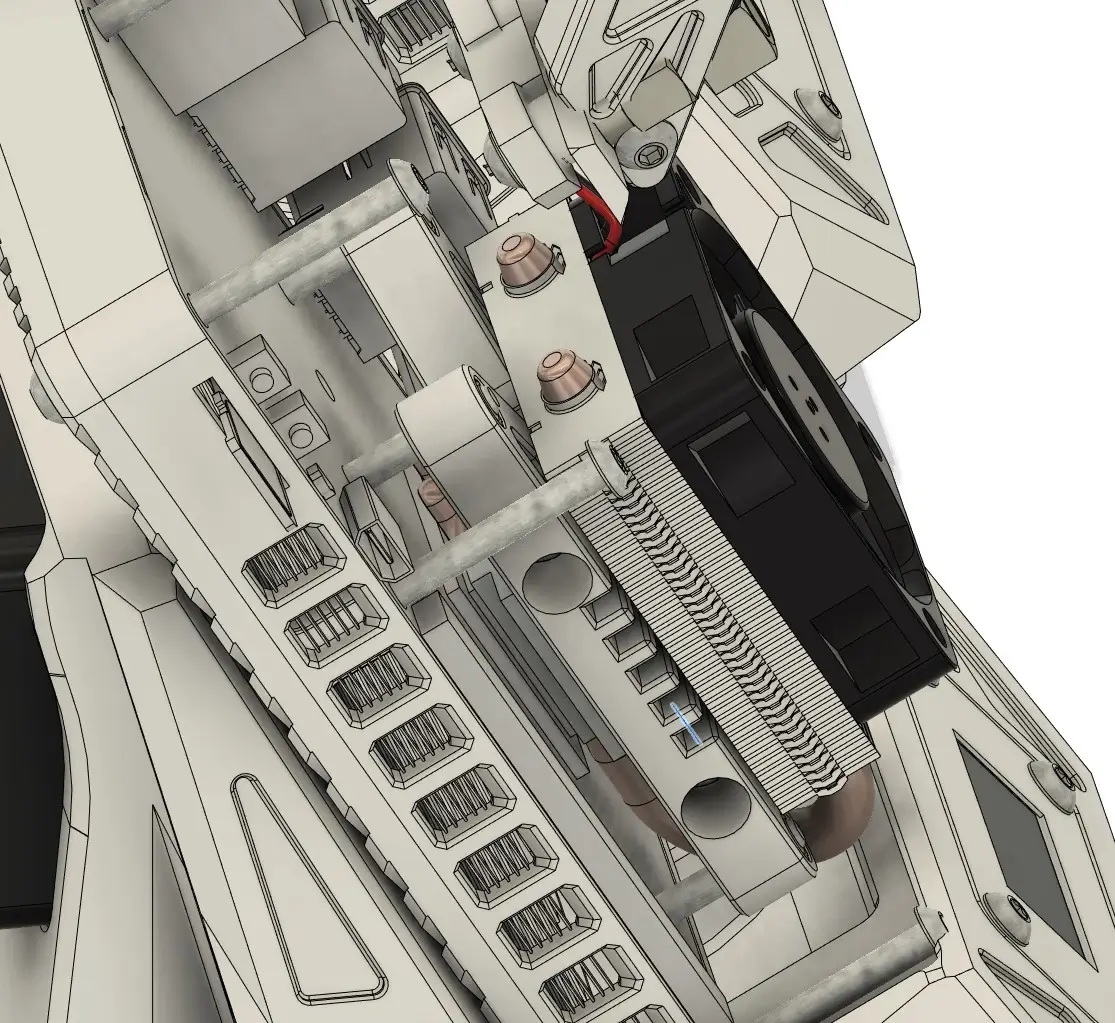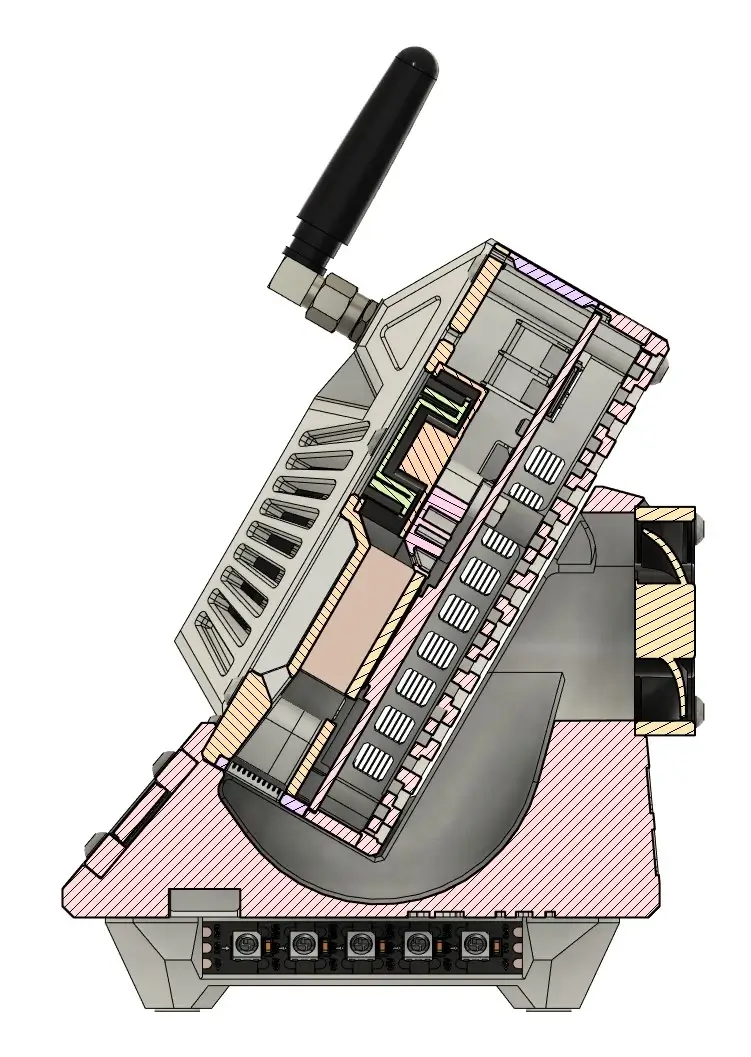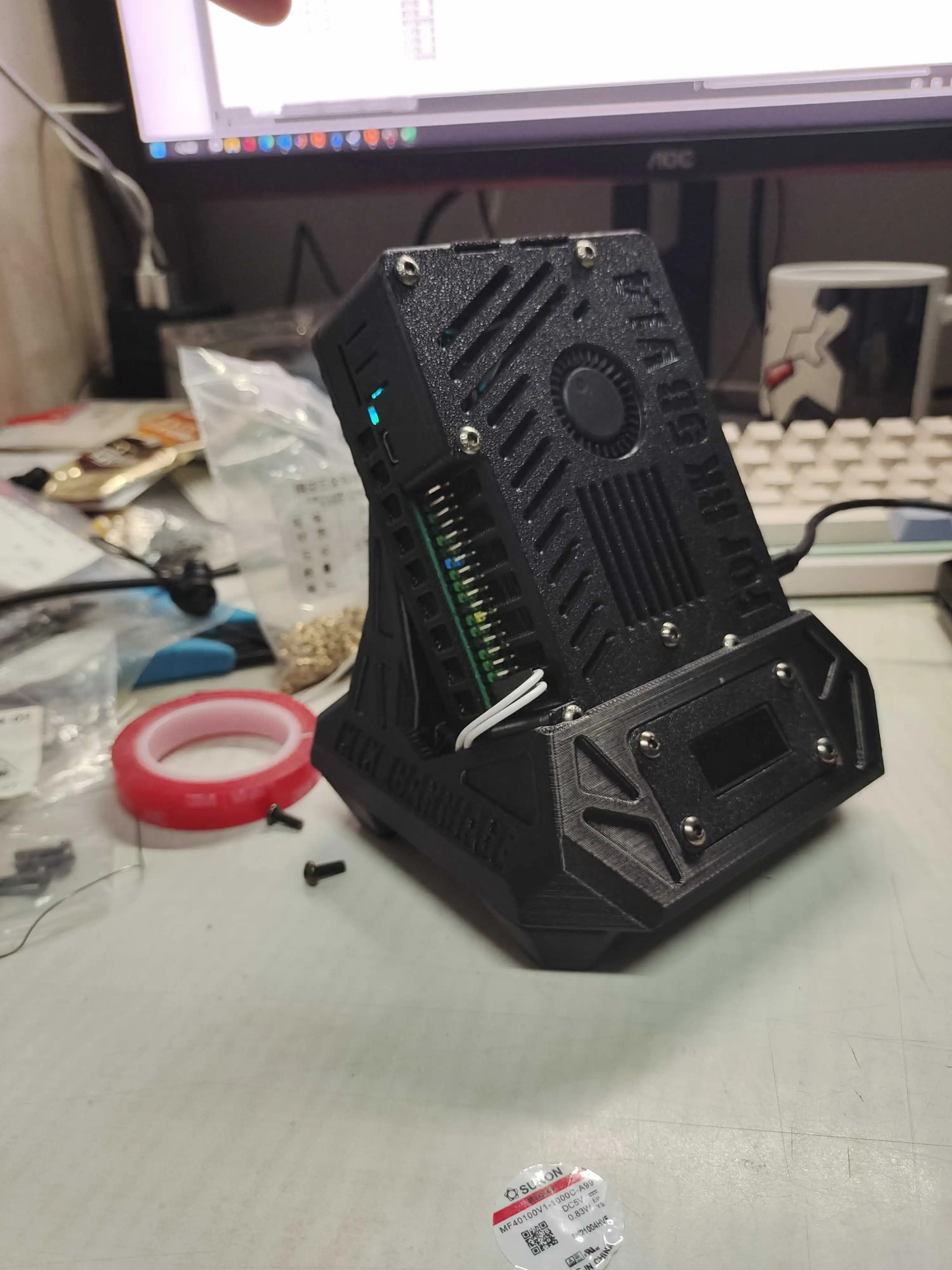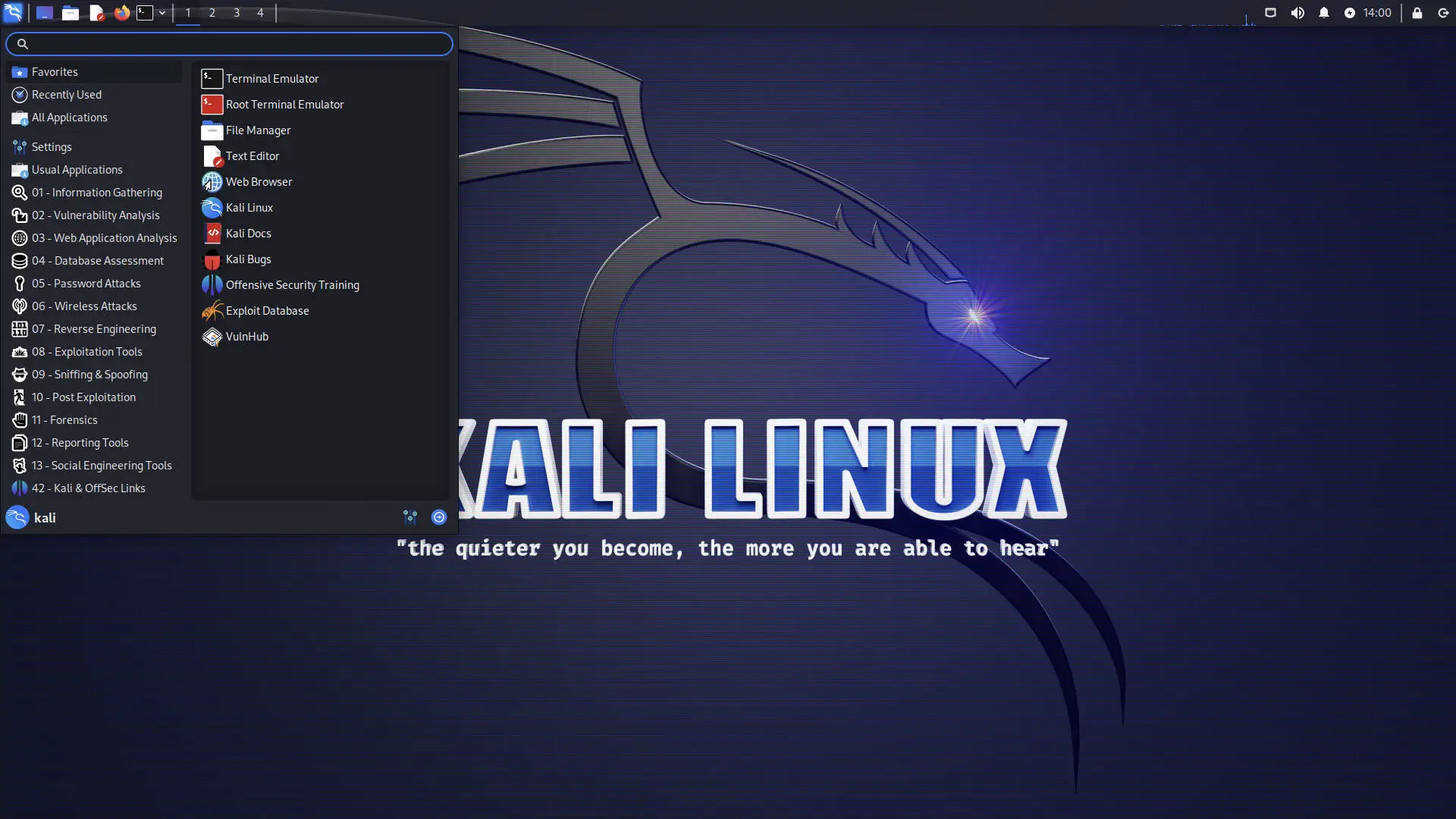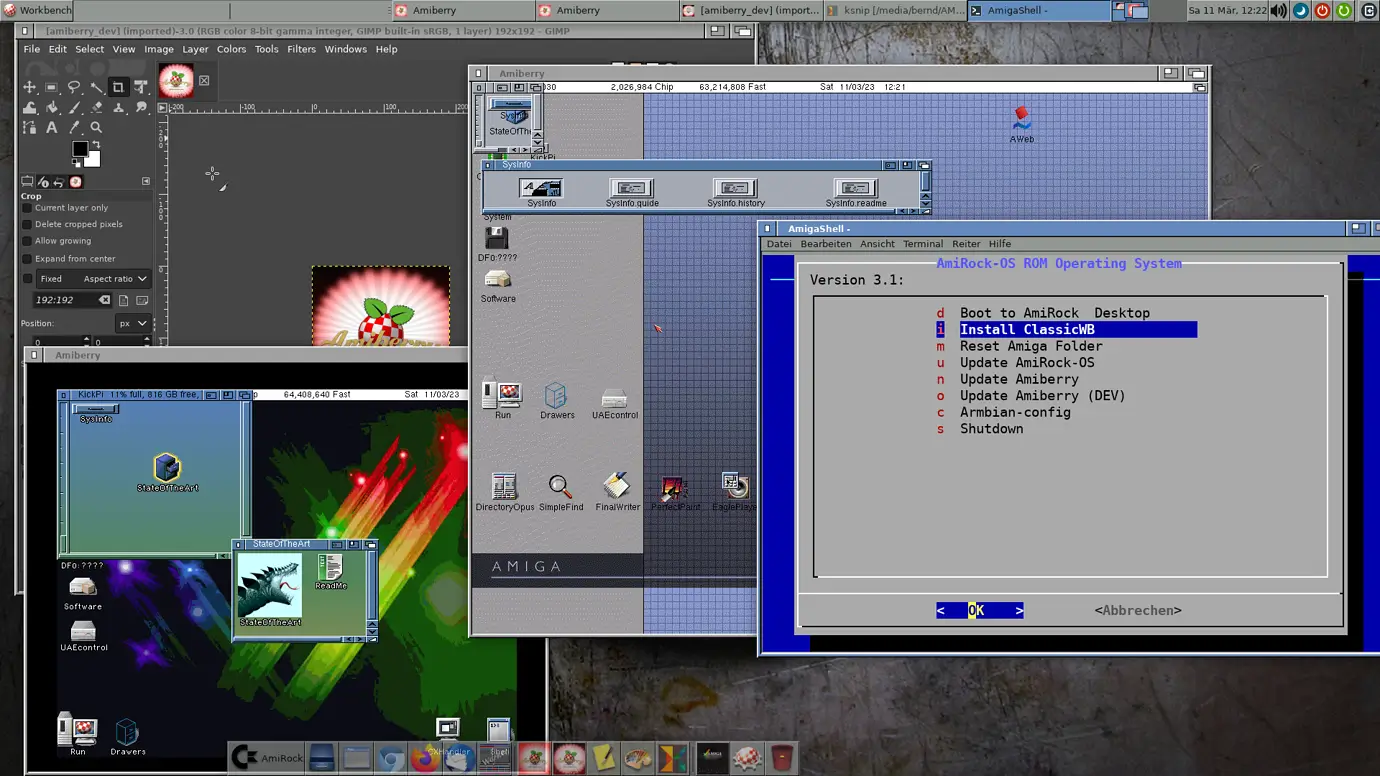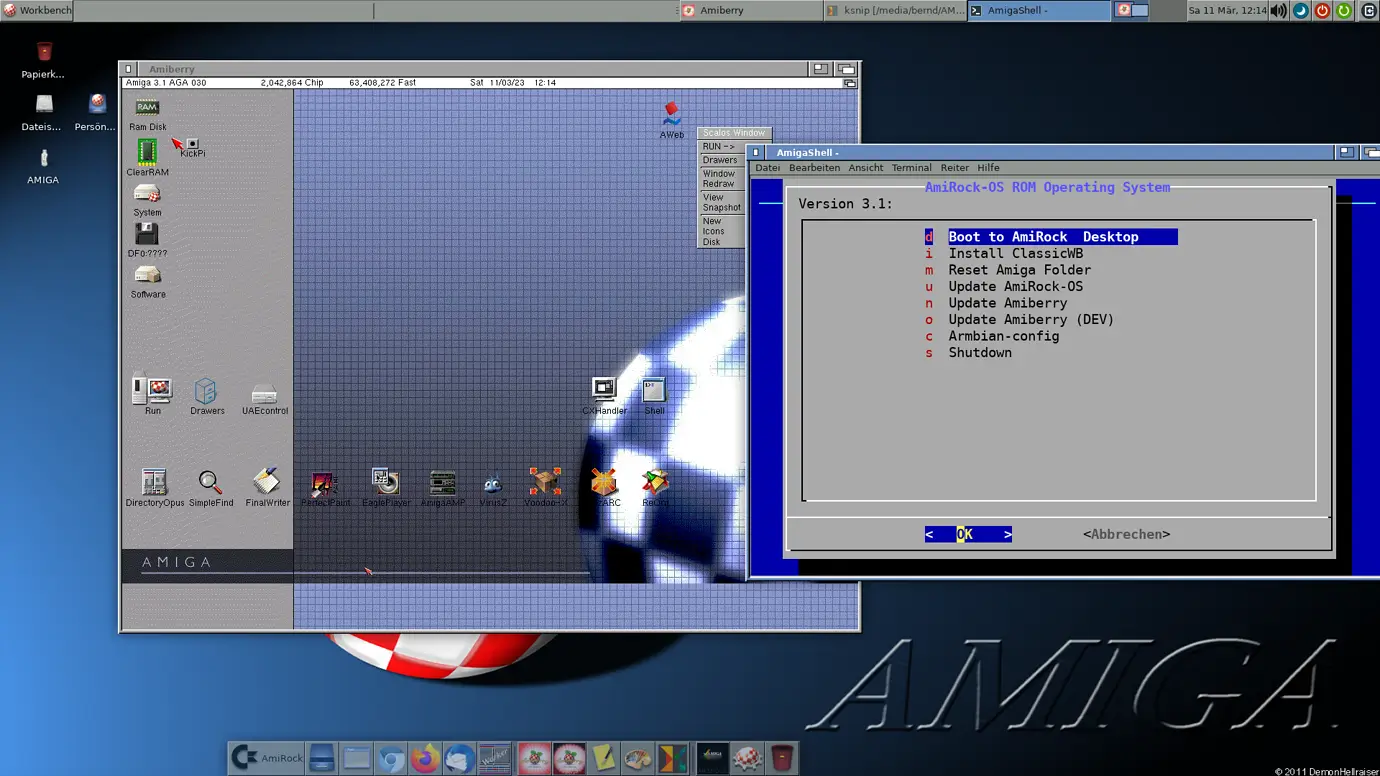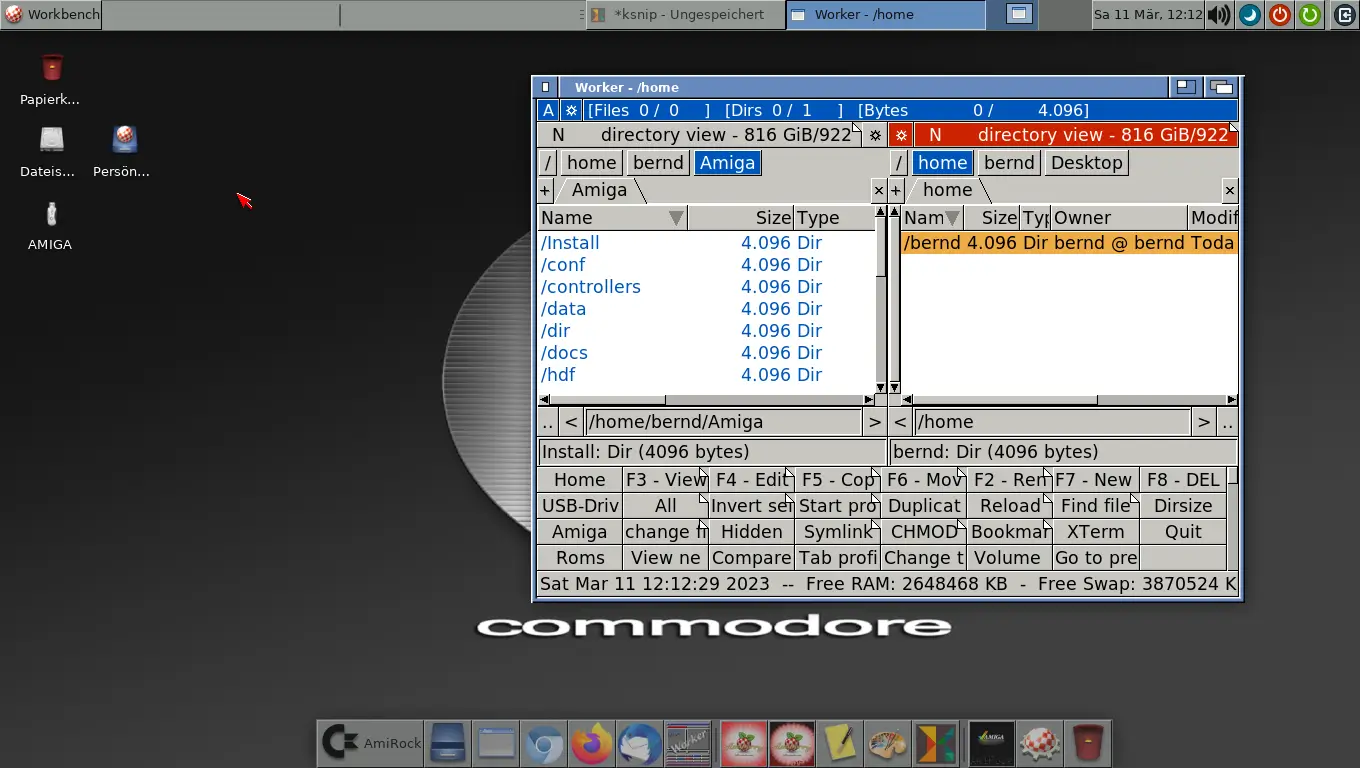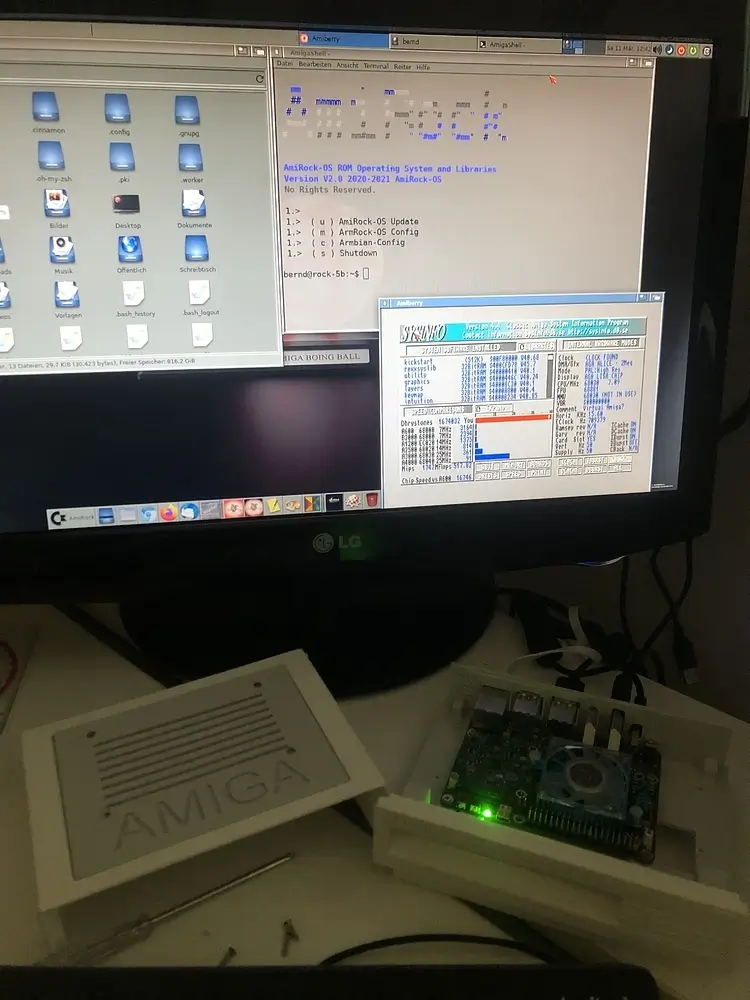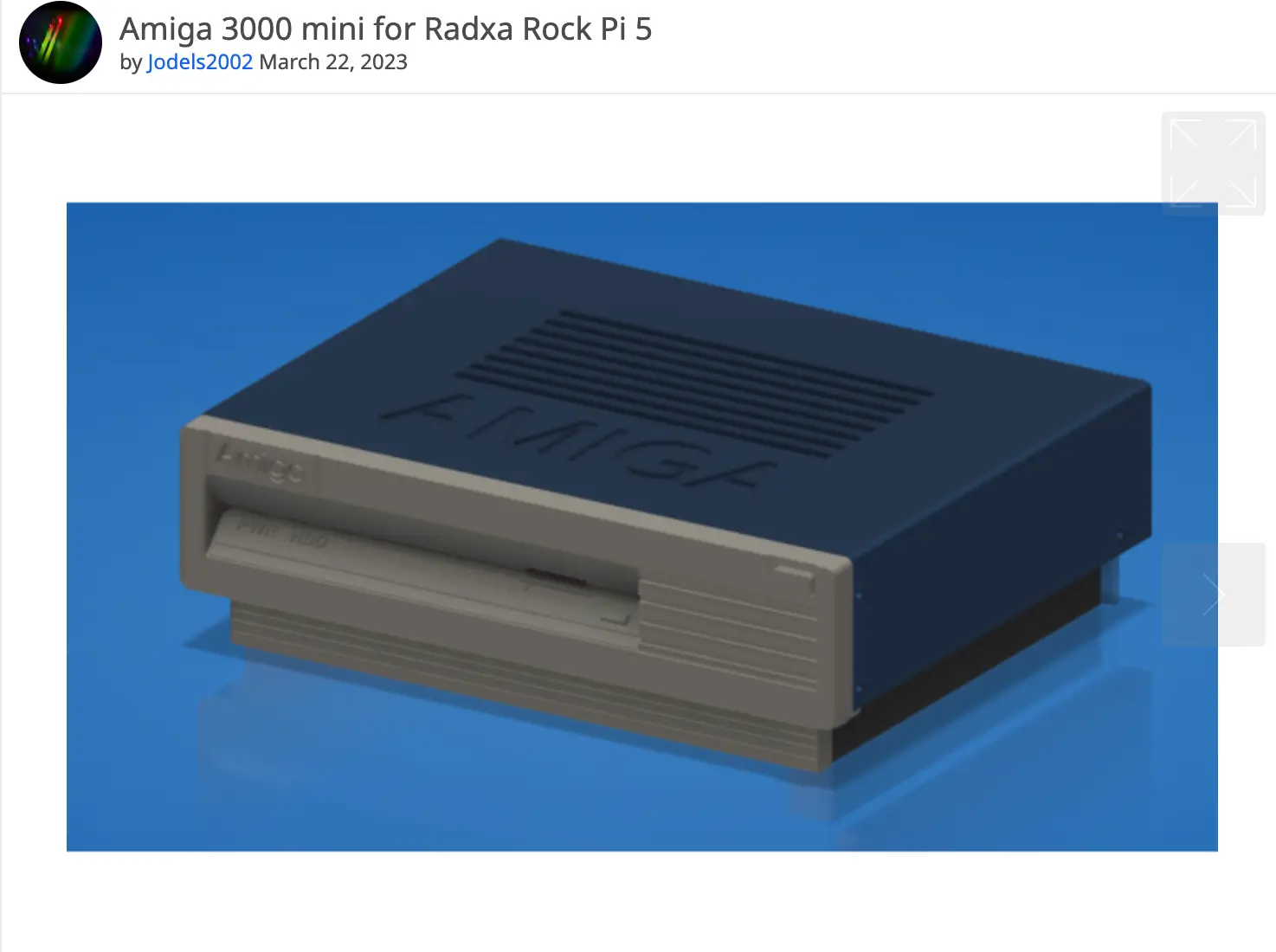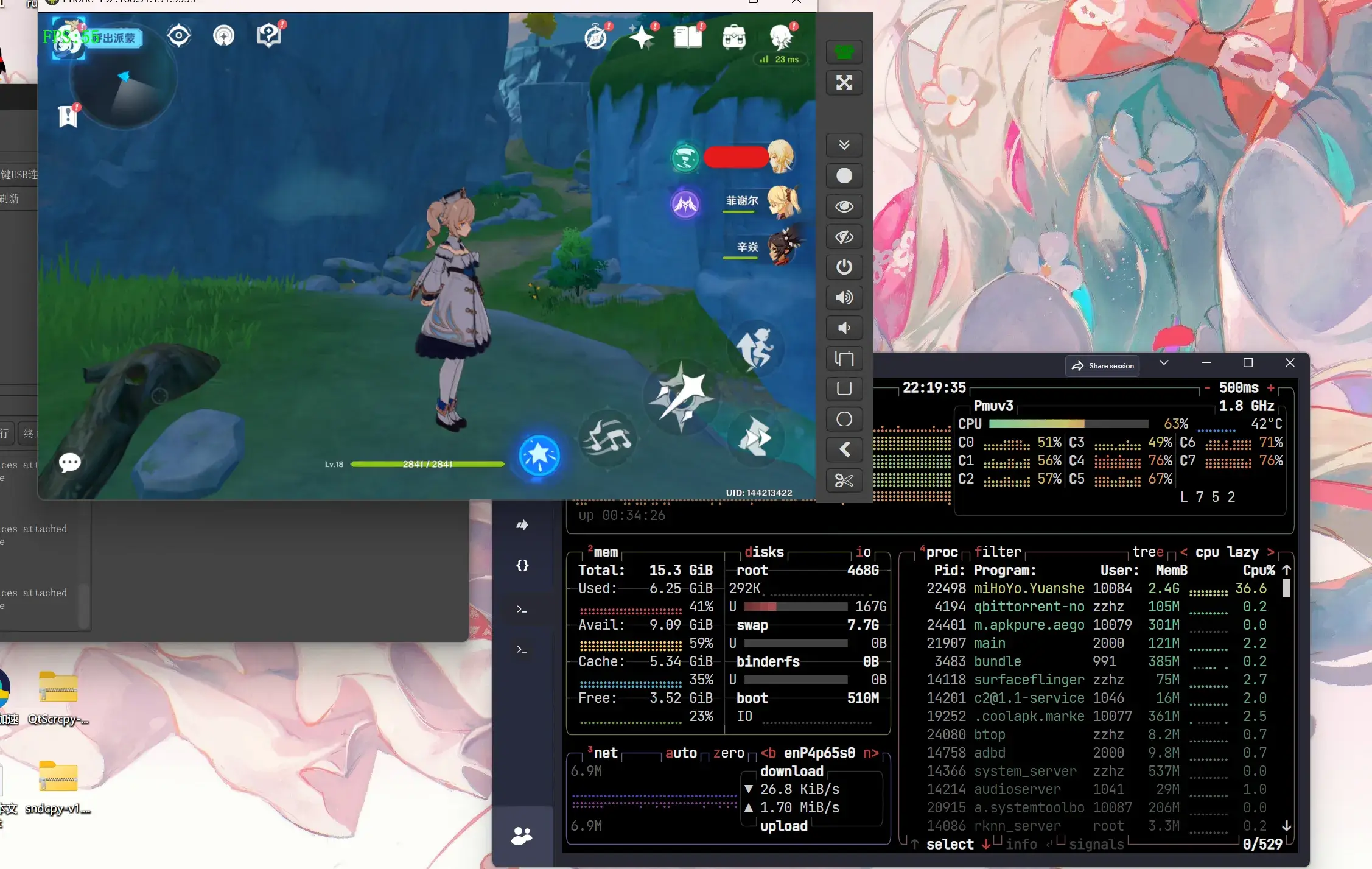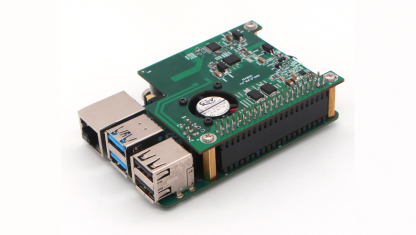Dear ROCK Pi Community
We are very happy to announce the ROCK Pi SATA HAT, a series of SATA expansion targeting at the NAS solution for Raspberry Pi 4 and ROCK Pi 4. The ROCK Pi SATA HATs come in 3 models:
- Dual/Quad SATA HAT
- Penta SATA HAT
The Dual/Quad SATA HAT is designed for Raspberry Pi 4 as well as ROCK Pi 4, and the Penta SATA HAT is designed for ROCK Pi 4 only.
Dual/Quad SATA HAT
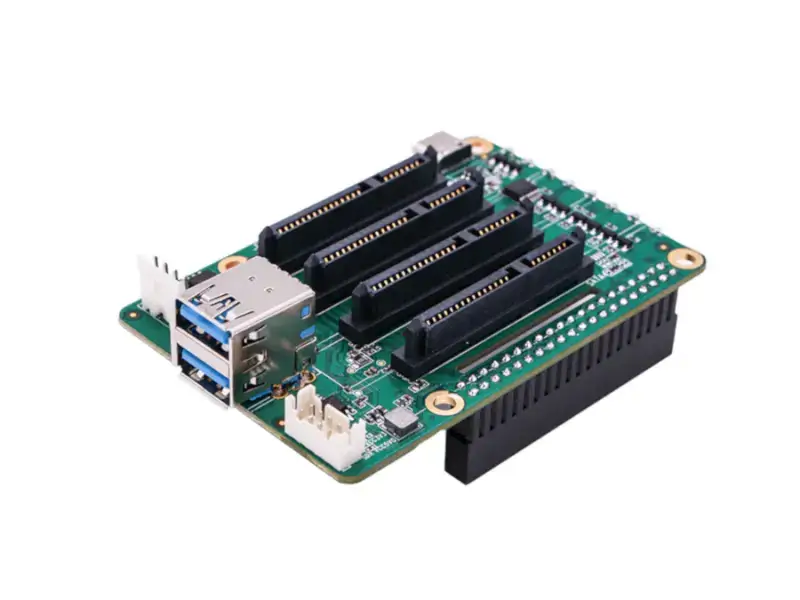
The Dual/Quad SATA HAT utilize the USB3 buses on Raspberry Pi 4 or ROCK Pi 4, it has the following features:
- Up to 4x HDD/SSD, support 2.5inch or 3.5inch SSD
- Utilize two independent USB3 buses on Raspberry Pi 4
- Type C power input with USB PD/QC support for both 2.5inch SSD and Raspberry Pi 4
- External standard ATX power supply support for 3.5inch HDD
- Fan and heatsink for Raspberry Pi 4 CPU cooling
- Support HDD suspend mode
- Support UASP
- Support software RAID 0/1/5
- Optional PWM control fan for HDD heat dispatching
- Optional OLED display for IP Address/Storage info
For 3.5 inch HDD, a standard ATX PSU is required to power the HDD and the Raspberry PI itself. With 4 3.5inch HDDs, the PSU should be 60W or more.
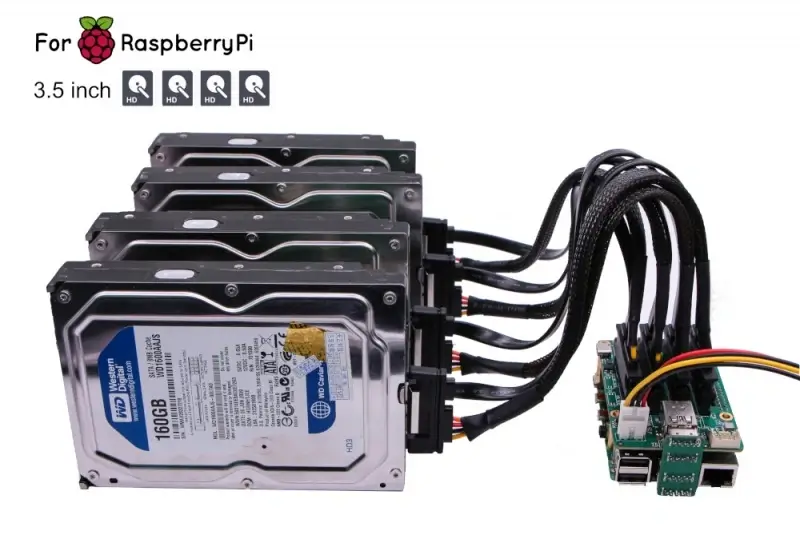
For 2.5 inch HDDs, you can just use the USB PD/QC power adapter(30W power adapter is enough) to power the HDD/SSD and the Raspberry Pi 4 itself.
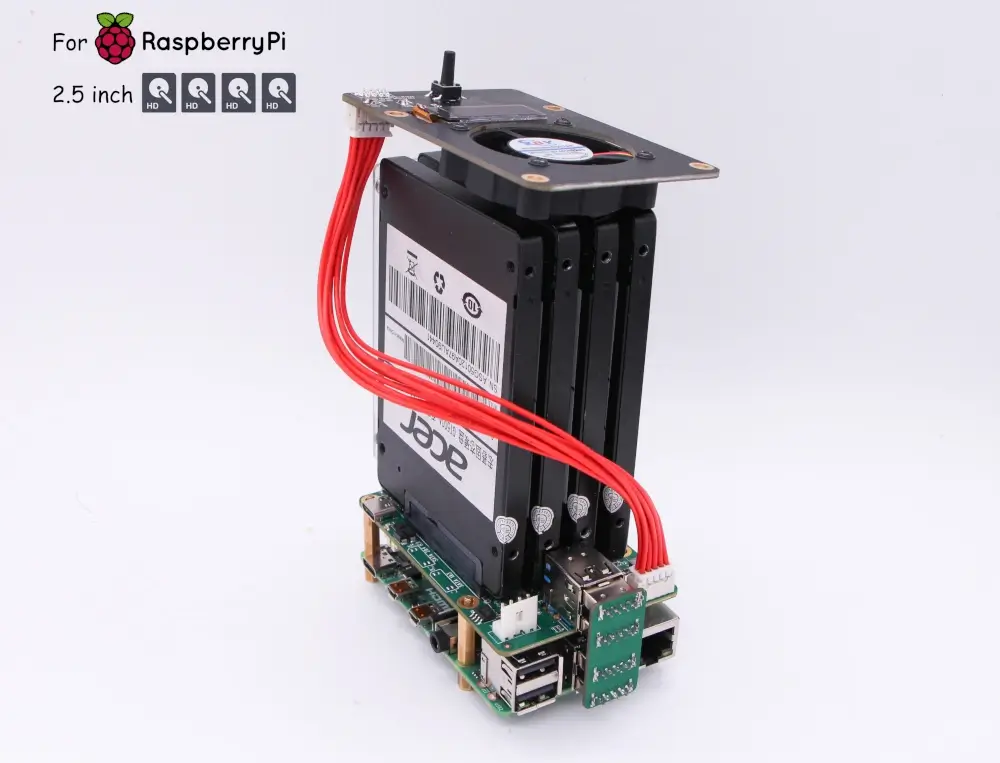
Quad SATA HAT utilizes two high performance JMS561(one JMS561 for Dual SATA HAT) providing up to 400MB/s reading/writing performance with four disks in RAID0 mode.
Penta SATA HAT
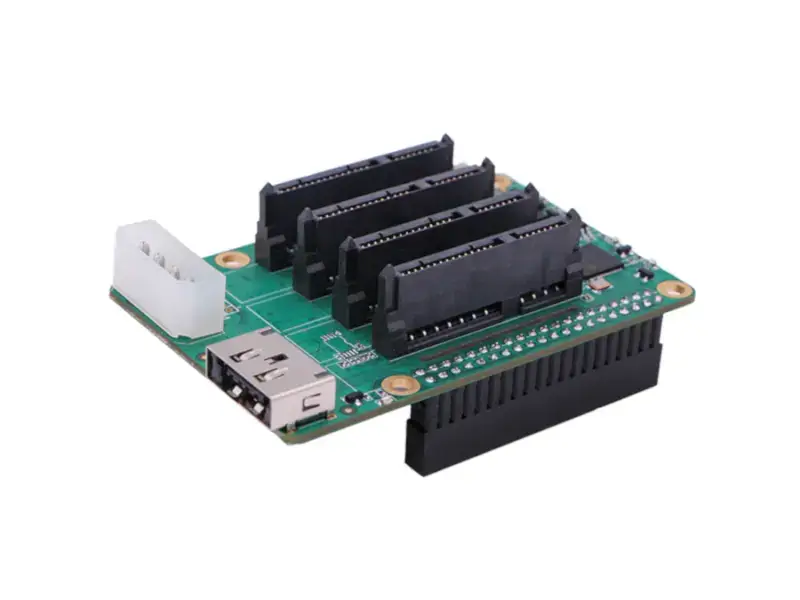
The penta SATA HAT utilize the M.2/PCIe on ROCK Pi 4 to expand to up 5x SATA ports, it works only for ROCK Pi 4. We adapt four internal SATA and one eSATA design which makes the connection flexible if the user wants to use external disks.
- Up to 5x HDD/SSD, support 2.5inch or 3.5inch SSD, up to 100T Storage
- 4x SATA + 1x eSATA with power
- Utilize two lanes PCIe 2.1 buses on ROCK Pi 4
- Type C power input with USB PD support for both 2.5inch SSD and ROCK Pi 4
- External standard ATX power supply support for 3.5inch HDD
- Support HDD suspend mode
- Support software RAID 0/1/5
- Optional PWM control fan for HDD heat dispatching
- Optional OLED display for IP/Storage info
eSATA
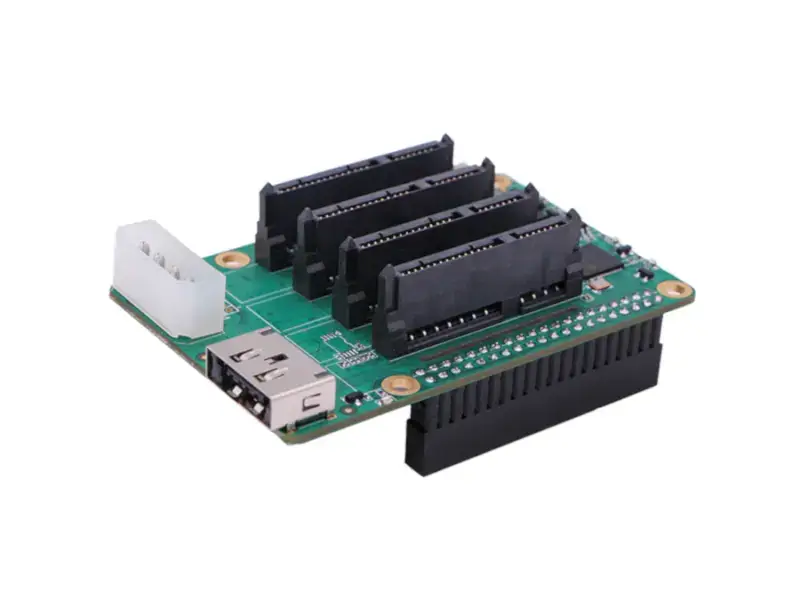
To make full use of the 5th SATA, we have implemented an eSATA connector, which can be exported out of the case. The eSATA provides both data and power with a single cable, it can directly drive the 3.5 inch HDD.
The Penta SATA HAT is powered by the JMB585 with 2 lanes 5Gbs PCIe buses with up to 10Gbps bandwidth. With 5 SSD attached in RAID0 mode, we can achieve up to 803MB/s speed.
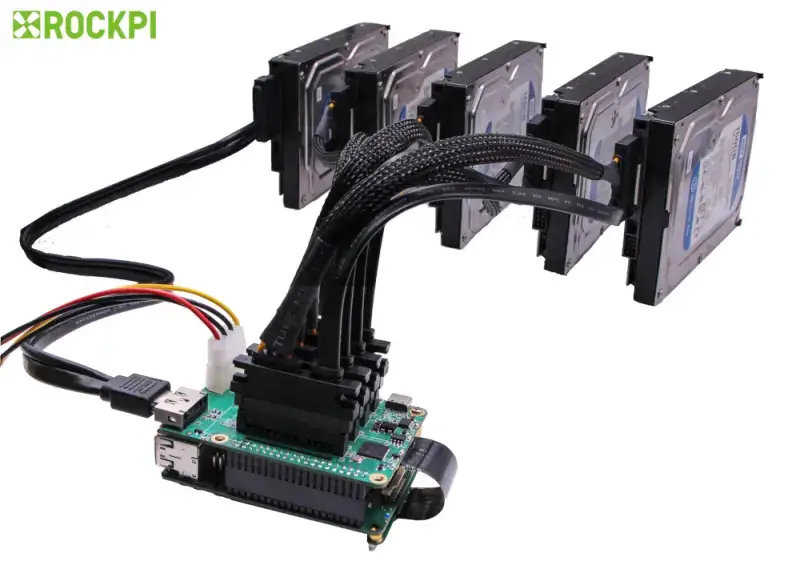
SATA HAT Top Board
To monitor the HDDs and showing some basic info for the HDDs, we have designed a Top Board, which provides Fan Control, IP address info and a button for Powering Off or customer functions. A flex cable connects from the SATA HAT to the top board.
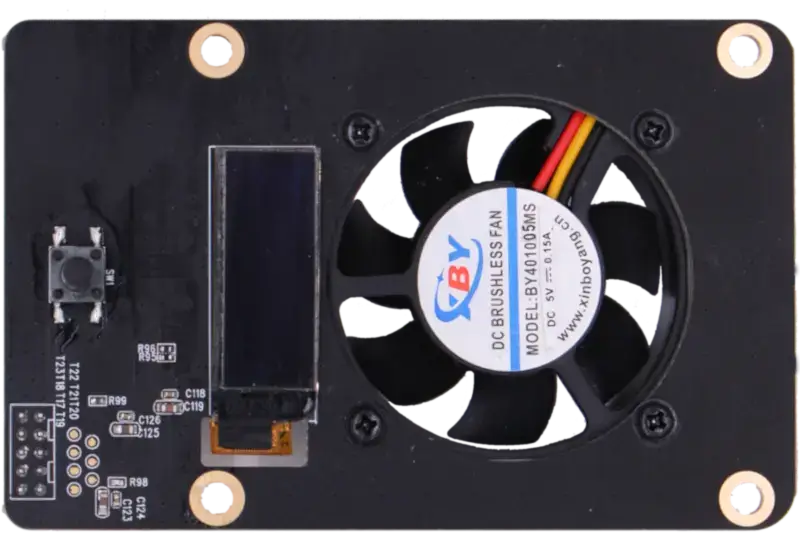
Software Support
We have provided a Debian package for the SATA HAT control and monitoring. Raspberry Pi 4 or ROCK Pi 4 users can install the package with one line following command:

The Case
To make the live easy and better looking, we have designed a full metal case for SATA HAT with Raspberry Pi, which can hold up to four 2.5 inch HDD and the top board.
